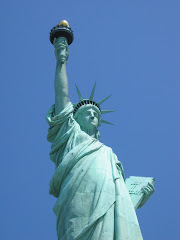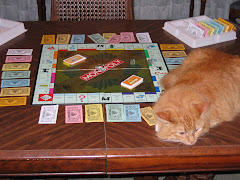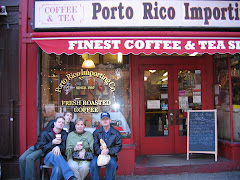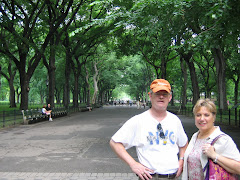Mrs. Fields was nourished by her books,
and while it is evident that she read them with
sensitivity as well, some collectors would argue
that mere possession of these artifacts is reason
enough to justify their acquisition. Winston S.
Churchill addressed himself to this matter in
Thoughts and Adventures, a collection of es-
says published in 1932, twenty-four hours be-
fore he was awarded the Nobel Prize for Lit-
erature. In "Hobbies," one of the essays, he
wrote:
"What shall I do with all my books?"
was the question; and the answer,
"Read them," sobered the question-
er. But if you cannot read them, at
any rate handle them and, as it were,
fondle them. Peer into them. Let them
fall open where they will. Read on
from the first sentence that arrests the
eye. Then turn to another. Make a
voyage of discovery, taking soundings
of uncharted seas. Set them back on
their shelves with your own hands. Ar-
range them on your own plan, so that
if you do not know what is in them,
you at least know where they are. If
they cannot be your friends, let them
at any rate be your acquaintances. If
they cannot enter the circle of your life,
do not deny them at least a nod of
recognition.
A century earlier, the most graceful British es-
sayist of all, Charles Lamb, divided the human
species into "two distinct races," neither of them
identifiable by skin color, language, geographic
roots, or religious conviction. Instead, Lamb (writ-
ing as "Elia") judged people simply as "the men who
borrow, and the men who lend." But it was not bor-
rowing currency that provoked his displeasure. "To
one like Elia, whose treasures are rather cased in
leather covers than closed in iron coffers, there is a
class of alienators more formidable than that which
I have touched upon; I mean your borrowers of
books--those mutilators of collections, spoilers of
the symmetry of shelves, and creators of odd vol-
umes."
As Lamb escorted readers through his "little
back study" in Bloomsbury, he pointed out the "foul
gap in the bottom shelf facing you, like a great eye-
tooth knocked out," a cavity that once held "the tal-
lest of my folios." Further on, he indicated evidence
of other similar offenses: "Here stood The Anatomy
of Melancholy, in sober state. There loitered The
Compleat Angler; quiet as in life, by some stream
side." A frequent visitor to his rooms, Samuel Taylor
Coleridge, was singled out for special umbrage,
though Lamb did concede a single compensation:
Justice I must do my friend, that if he
sometimes, like the sea, sweeps away
a treasure, at another time, sea-like, he
throws up as rich an equivalent to match
it. I have a small under-collection of this
nature (my friend's gatherings in his vari-
ous calls), picked up, he has forgotten at
what odd places, and deposited with as
little memory at mine. I take in these or-
phans, the twice-deserted. These pros-
elytes of the gate are welcome as the
true Hebrews. There they stand in con-
junction; natives and naturalized.
--A Gentle Madness, pp. 42,43
by Nicholas A. Basbanes
Subscribe to:
Post Comments (Atom)














No comments:
Post a Comment